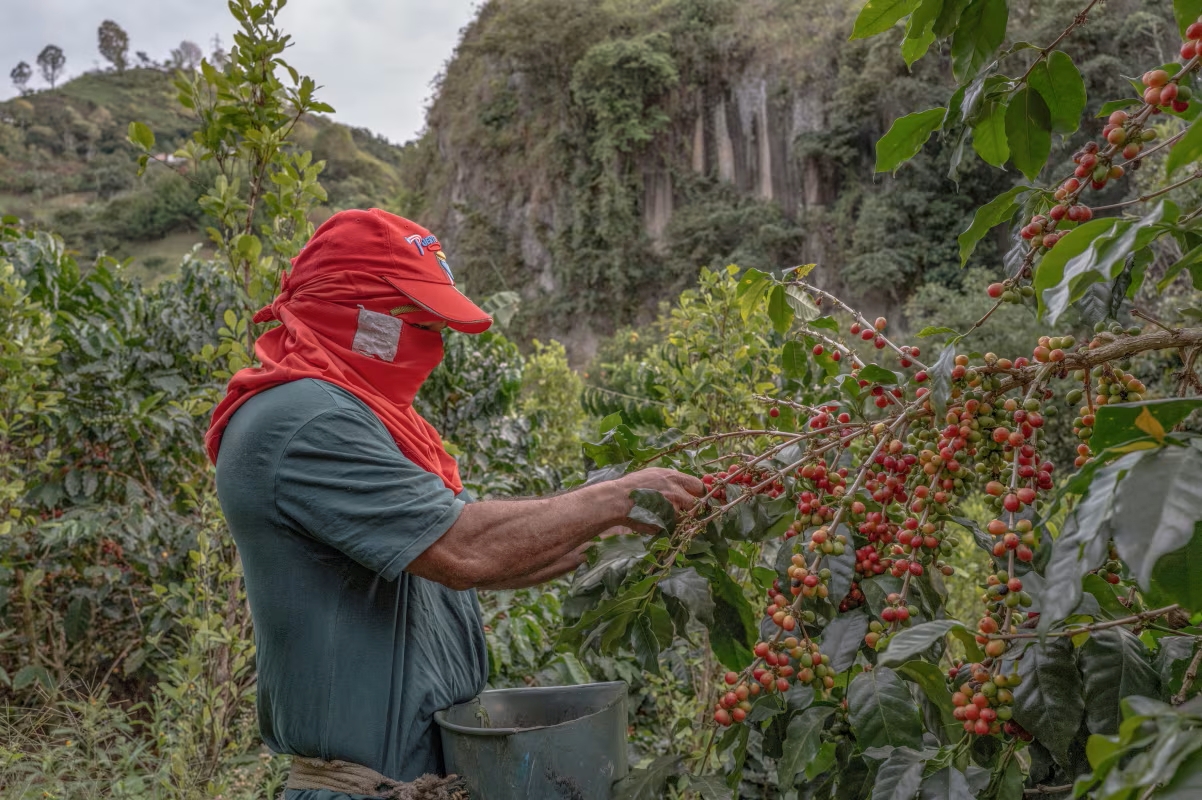New York — Qahwa World
CNN reports that hopes for lower coffee prices in the United States remain slim, despite the Trump administration’s recent signals about reducing tariffs on goods not grown domestically, including coffee.
According to the network, Treasury Secretary Scott Bessent told Fox News that “substantial announcements” are expected in the coming days regarding potential tariff cuts on imports such as coffee, bananas, and other fruits. CNN notes that his comments amount to an implicit acknowledgment that the tariffs previously imposed have raised costs for American consumers — a point the administration had long disputed.
However, CNN emphasizes that even a full rollback of coffee tariffs would be unlikely to bring significant price relief. Retail coffee prices have risen about 20% year-over-year due to two major factors:
Highly volatile weather that has disrupted harvests of a crop that is already labor-intensive and difficult to grow.
Tariffs imposed by the Trump administration on the world’s largest coffee exporters — Brazil (50%), Colombia (10%), and Vietnam (20%).
The network adds that coffee production is limited to specific regions of the world, making domestic expansion impossible.
Despite rising costs, CNN, citing data from the National Coffee Association, notes that American coffee consumption has not declined. Coffee is viewed as both essential and a small luxury consumers are unwilling to give up. As long as demand remains strong, businesses — from major chains like Starbucks to local cafés — continue to maintain higher prices.
Alex Susskind, a professor at Cornell University, told CNN that in business, “once you take price increases, you tend not to give them back,” suggesting that cafés are unlikely to lower prices even if tariffs disappear. Some modest relief may appear in grocery stores, where mass-market brands face more price-sensitive buyers.
CNN concludes that lowering tariffs on coffee will not meaningfully shift public sentiment. Larger economic pressures — such as housing, energy, and healthcare costs — are the real drivers of Americans’ concerns, far more than the price of a daily cup of coffee.
